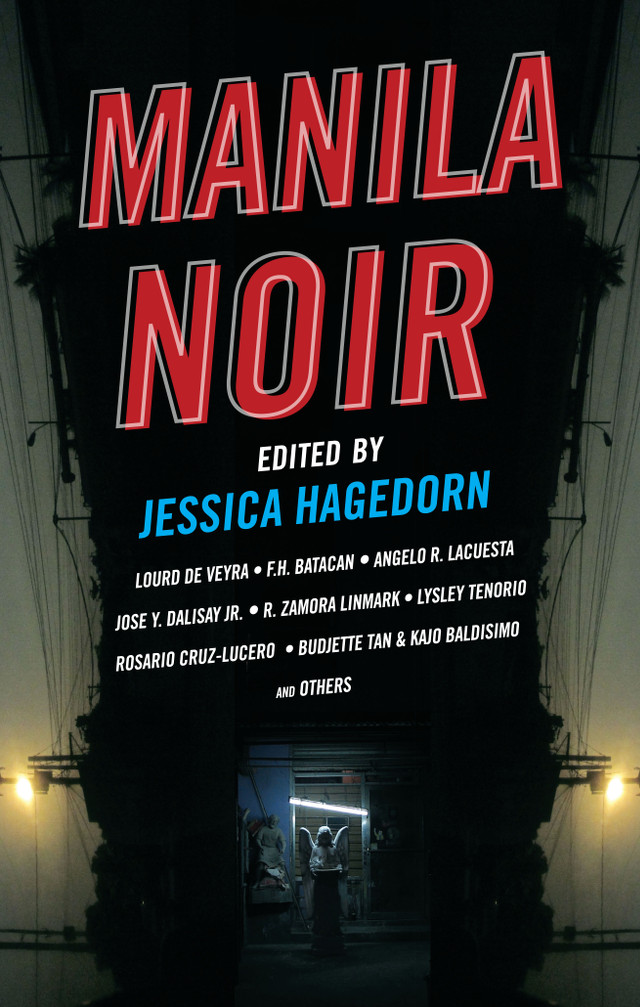From a literary perspective, books about homosexuality are also enjoying the press and attention it so rightly deserves. Just recently, Rhandee Garlitos wrote Ang Bonggang Bonggang Batang Beki, the first children's book to tackle effeminacy among young boys, and the UP Babaylan, in partnership with the UP Center for Women's Studies published Anong Pangalan Mo Sa Gabi? At iba pang tanong sa mga LGBT, a photobook featuring common questions asked among the gay community.
If my memory serves me right, the last Filipino book that dealt with homosexuality was Louie Mar Gangcuangco's Orosa-Nakpil, Malate, which raised awareness on HIV-AIDS while weaving a tale of young love and heartbreak.
Like Orosa-Nakpil, both Bonggang Beki and Anong Pangalan attempts to raise awareness for the LGBT cause. Both are entertaining, but beneath that is a core that struggles for acceptance.
Ang Bonggang Bonggang Batang Beki is a children's book written by Rhandee Garlitos, with illustrations by the talented Tokwa Penaflorida. It's about a young boy whose favorite color is pink, and while his sexuality is not the focus of the story, it shows the power of family and love.
The idea for a children's book to tackle this sensitive topic is great because it eases children who may feel that effeminacy is not normal, that it's something that needs to be changed. After all, we all have that one uncle who tries to "man us up" through basketball.
I interviewed both Rhandee and Tokwa for Supreme, and I got into a brief argument with someone on Twitter who felt that effeminacy automatically equates to homosexuality. I felt sorry for his misguided beliefs (his sources date back to 1963) and his insistence that there is, and should be, only black and white when it comes to sexuality. He claimed to be an expert on sexuality but it was highly doubtful so I ended the conversation.
Ang Bonggang Bonggang Batang Beki will formally launch at the Manila International Book Fair on September 11-15. Read the Supreme interview here.
Ang Bonggang Bonggang Batang Beki will formally launch at the Manila International Book Fair on September 11-15. Read the Supreme interview here.
 |
| The UP Babaylan and the UP Center for Women Studies' Anong Pangalan Mo Sa Gabi? At iba pang tanong sa mga LGBT |
Anong Pangalan Mo Sa Gabi? (What is your name at night?) aims to address the misconceptions about the LGBT community by answering the most common questions asked of them. Some are innocent and well-meaning, but many are offensive and downright ignorant. Questions like "paano kayo dumadami?" (how do you have children?) and "paano ka umiihi?" (how do you pee?) are just some of the ridiculous questions asked, but answering them is the only way to enlighten people and inform them that gay people are exactly the same, who do the same things the same way straight people do. The answers are serious, witty, engaging, and hilarious.
Here are some of my favorites (most of them have been shortened):
Q: Anong klase kang bakla? (What kind of gay are you?)
A: Special kasi with egg. So, ikaw naman ang tatanungin ko. Anong klase kang straight? Asado o bola-bola? (Special with egg. How about you? What kind of straight are you? Asado or bola-bola?)
Q: Gay ka ba? O bi lang? (Are you gay or bi?)
A: ...para tumaas ang halaga sa pamilihan, maraming gay ang nagpapanggap na 'bi' lang sila. Hindi original pero Class A sa mga peke. (To increase their market value, many gay guys pretend to be just 'bi'. They're not original, they're Class A fakes)
Q: Sinong lalaki, sinong babae? (Who is the man and woman in the relationship?)
A: Kailangan ba laging may babae at lalaki? Hindi ba sapat na ang dalawang tao ay nagmamahalan? (Is it important to have a man and a woman? Isn't it enough that two people love each other?)
Q: Ayaw mo bang magkaanak? (Don't you want to have children?)
A: Ang pagtataguyod ng pamilya, pagpapalaki ng anak at pagiging isang mabuting magulang ay wala sa kasarian kundi ito ay nasa kakayahang magsakripisyo at magmahal. (The ability to raise children and be a good parent doesn't rely on gender, but the ability to sacrifice and to love.)
Anong Pangalan Mo Sa Gabi? is available at the UP Center for Women's Studies. Read about my article for Supreme here.











0 Comments:
Post a Comment